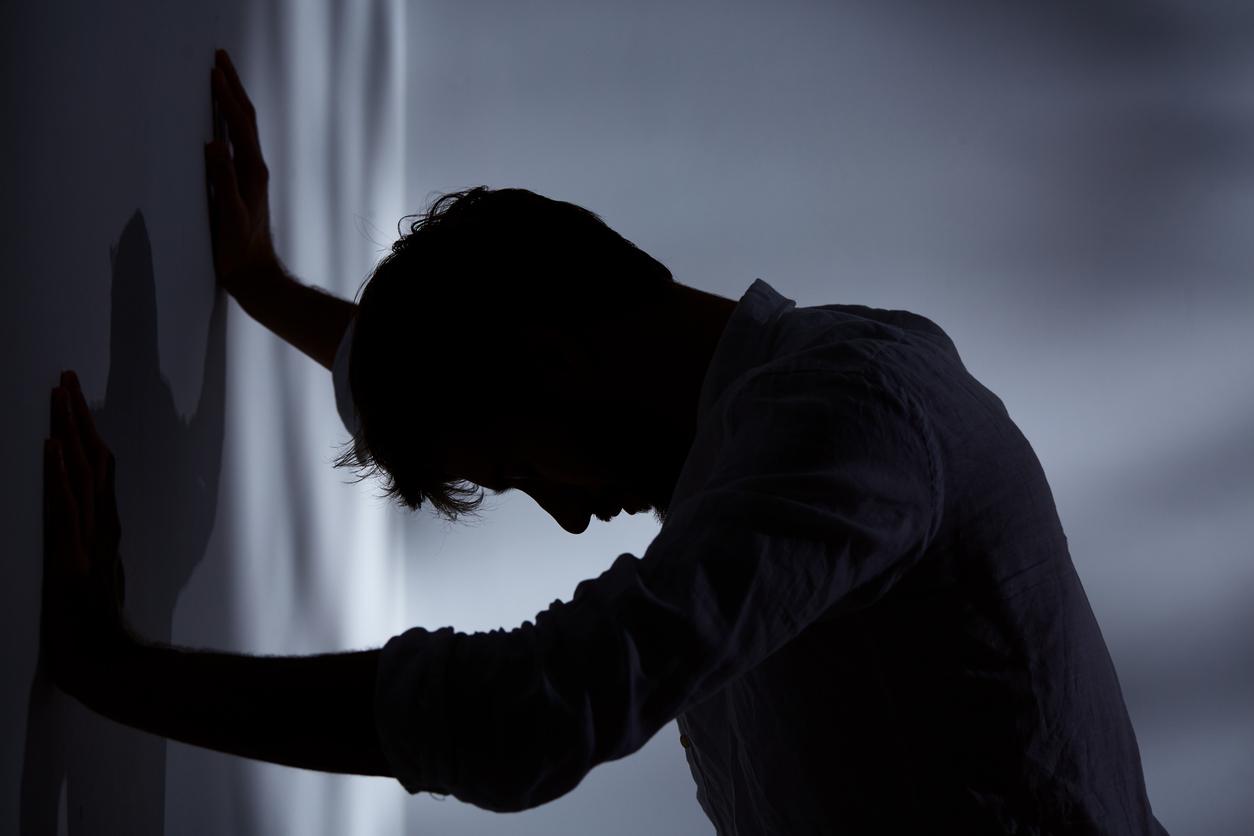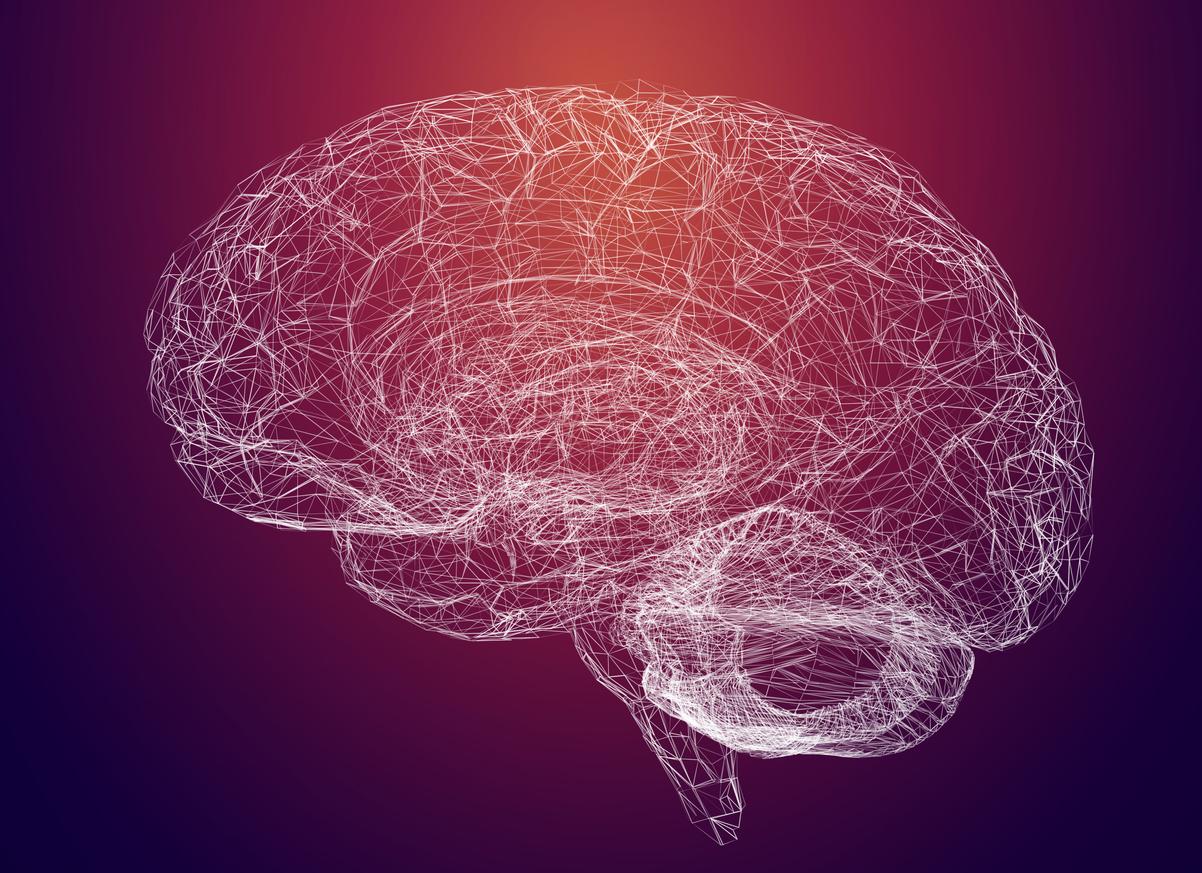A new study published in the journal “Neurology” points to an increased risk of developing Parkinson’s disease in people who have developed bipolar disorder.

While many works had already established a link between depression and the risk of developing Parkinson’s disease, no study had so far looked at the link between this neurodegenerative disease and bipolar disorder.
This is now done thanks to research carried out by the Taipei Veterans General Hospital in Taiwan, whose conclusions have just been published in the journal Neurology. According to their authors, people affected by bipolar disorder are up to seven times more likely than others to develop Parkinson’s disease.
A risk up to seven times higher
The second most common neurodegenerative disease of the nervous system after Alzheimer’s disease, Parkinson’s disease affects approximately 200,000 people in France and more than one million in Europe: 8,000 new cases are reported each year in France. It is characterized by a progressive loss of neurons in the gray nuclei of the brain that secrete dopamine, which causes a progressive loss of control of movements and the appearance of other motor symptoms such as tremors at rest and rigidity of the limbs.
To investigate the link between this condition and bipolar disorder, the researchers examined a Taiwanese national health database of people diagnosed with bipolar disorder between 2001 and 2009 who had no history of Parkinson’s disease, either 56,340 people. These data were matched with those of 225,360 people of the same age and sex who had never been diagnosed with bipolar disorder or Parkinson’s disease, to serve as a control group. These two groups were followed until the end of 2011.
During the study, 372 of the people with bipolar disorder developed Parkinson’s disease, or 0.7% of the cohort. By comparison, 222 people without bipolar disorder developed Parkinson’s disease, or 0.1%.
The researchers took into account other factors that could influence the risk of developing Parkinson’s disease such as age, gender, use of antipsychotic drugs and medical conditions such as head trauma and cerebrovascular disease. After adjusting, they concluded that people with bipolar disorder were almost seven times more likely to develop the condition than those without.
Hospital stays as an aggravating factor
This is the case for people hospitalized more than twice a year for their bipolar disorder: they are also six times more likely to develop Parkinson’s disease than those hospitalized less than once a year. People hospitalized once or twice a year were four times more likely to develop Parkinson’s disease than those who were hospitalized less than once.
Separately, the researchers found that people with bipolar disorder who developed Parkinson’s disease did so at a younger age than control group members who developed the disease: 64 at diagnosis versus 73 years for the control group.
For Mu-Hong Chen, lead author of the study, research on the link between Parkinson’s and bipolar disorder is far from over. “Further studies are needed to determine whether these diseases share underlying processes or changes in the brain,” he explains. “These could be genetic alterations, inflammatory processes or problems with the transmission of messages between brain cells. If we could identify the underlying cause of this relationship, it could help us develop treatments that could qualify for both conditions.”

.















